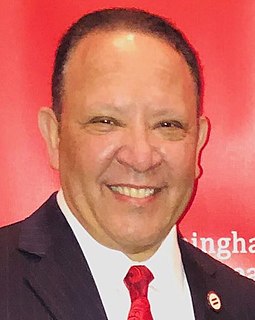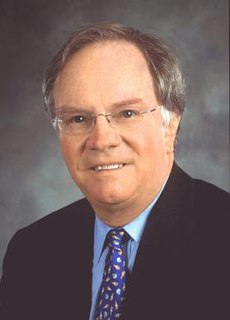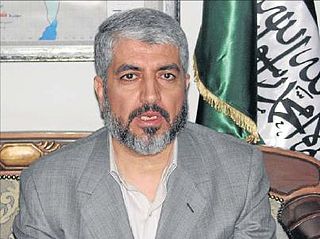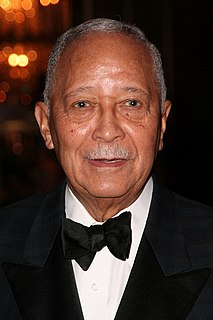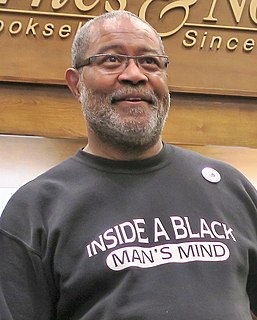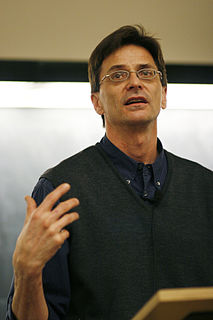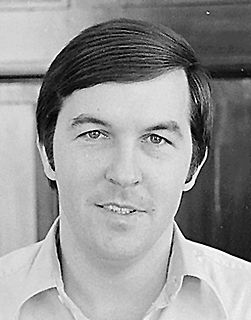A Quote by Tamlyn Tomita
Related Quotes
The Palestinian issue is a national, political issue. It's not to be seen as an economic issue that would be solved or addressed by some economic approach that makes the living standard of the people under occupation better. The Palestinian people are fed up with talks that have been going on for years. We are looking for peace, but we are not looking for a new peace process. This process will fail.
We're all in the race game, so to speak, either consciously or unconsciously. We can overtly support white-supremacist racial projects. We can reject white supremacy and support racial projects aimed at a democratic distibution of power and a just distribution of resources. Or we can claim to not be interested in race, in which case we almost certainly will end up tacitly supporting white supremacy by virtue of our unwillingness to confront it. In a society in which white supremacy has structured every aspect of our world, there can be no claim to neutrality.
When I was a kid, politicians wanted to avoid talking about religion if they could. John F. Kennedy couldn't duck the issue, being Catholic and all. So how did he address it? By reminding Americans that religion shouldn't be an issue, that he was concentrating on big things like poverty and hunger and leading the space race.

